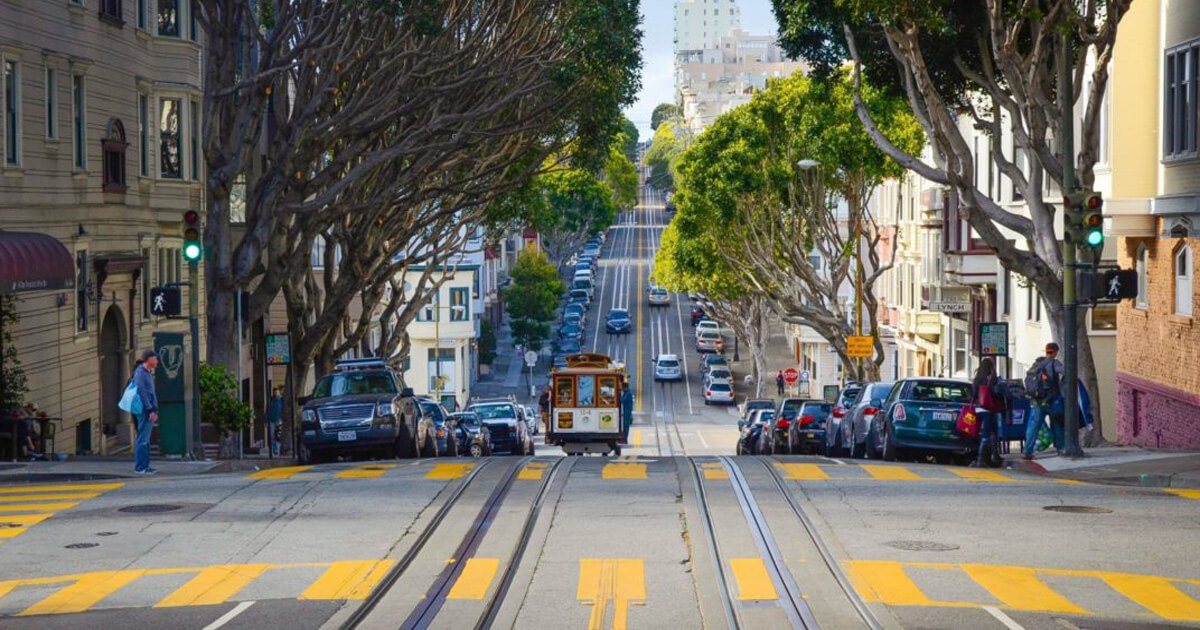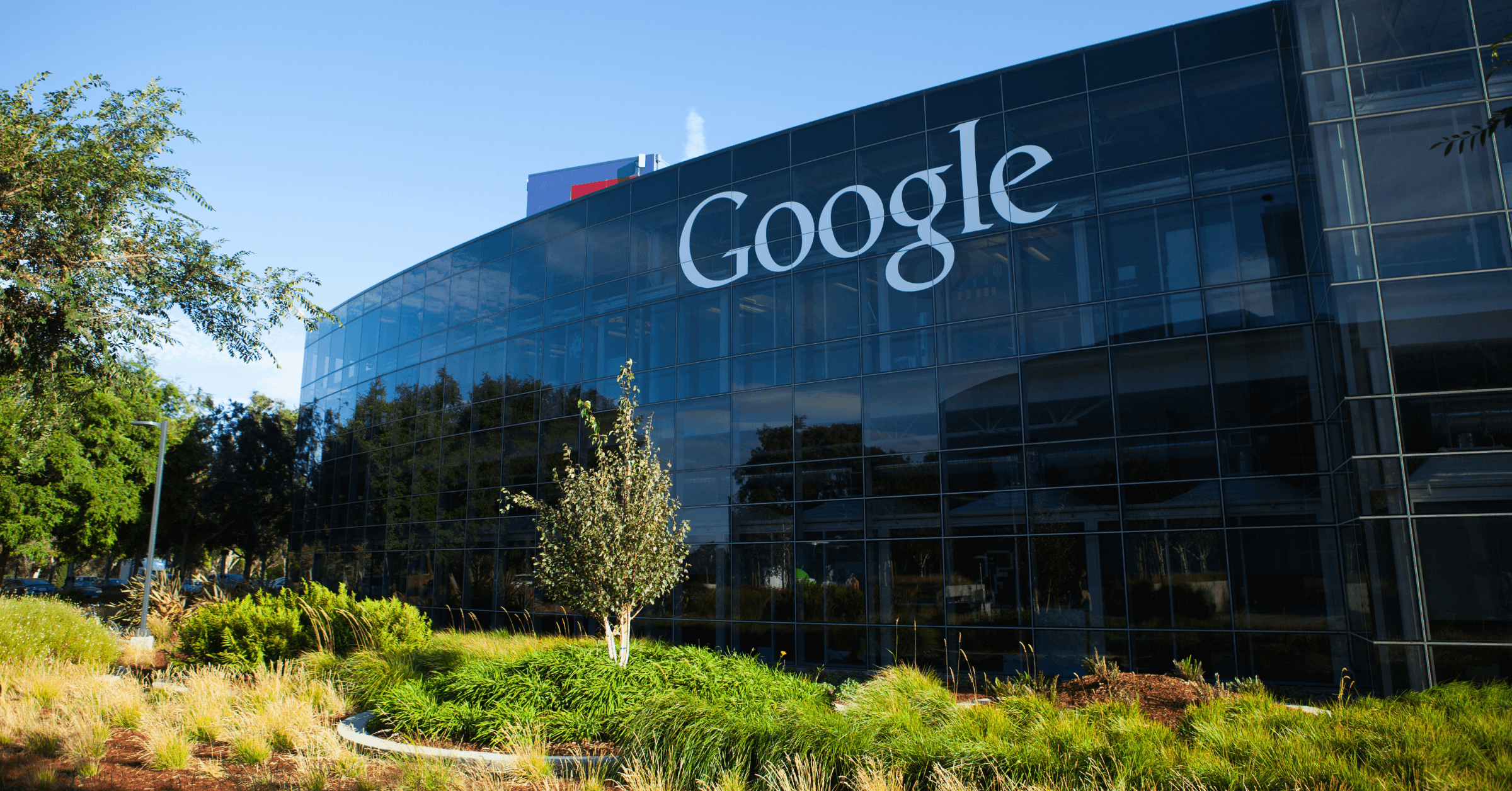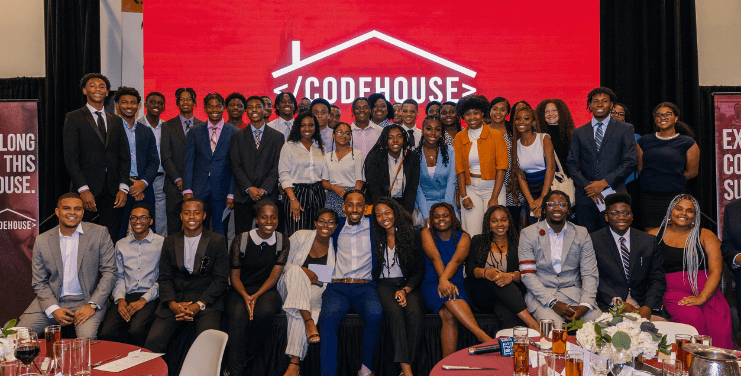The spread of COVID-19 and the lockdowns that followed have had a major impact on the tech world and the ecosystems that make it up. Companies like Google, Amazon and Microsoft have all enacted work from home policies with Facebook and Twitter taking it a step further and allowing employees to never have to come into the office again. Some tech workers have taken this as an opportunity to flee expensive cities like San Francisco altogether. For people who have questioned the effectiveness of offices for years, these aggressive work from home policies seem like a step in the right direction, but what impact could remote work, and tech employees moving to less expensive areas, have on Black and brown communities that have already been torn apart by major tech companies?
Perhaps the most well known and egregious example of tech impacting a community is the San Francisco Bay Area. In 2017, University of Toronto professor Richard Florida wrote in Wired, “Tech workers do well financially and bid up housing prices, which takes a toll on everyone else, especially blue-collar and service workers who are increasingly priced out.” Three years later, Florida’s assessment couldn’t be any more spot on. While housing costs have dropped in the Bay Area, median sales are still at nearly one million dollars. Rent prices aren’t much better — in San Francisco, renters need to make $61 per hour to afford a two-bedroom apartment.
In its original home of Seattle, Amazon created a housing crisis. Two years ago, it crushed a small tax that would have raised money for affordable housing and assisted the homeless in the city. Taking note of Amazon’s impacts on Seattle, anti-gentrification activists organized to keep Amazon’s proposed HQ2 out of New York City.
“The most interesting dynamic about large tech companies coming to a new area is there are always reports about the benefits on the economy and the new jobs they bring out,” Greg Flowers Jr., an engineer at Microsoft in Seattle, told The PLUG. “But, [there are] never any reports about the increase in the cost of living and the effects that has on the lower income communities.”
With the coronavirus pandemic causing unemployment to skyrocket and eviction freezes expiring, there are concerns about the pandemic’s long-term impacts on low-income Black and brown communities. “In the Bay Area, [the tech industry] has caused the existing housing stock to get priced way above market, which has led to all types of tenant harassment by landlords,” Caroll Fife, one of the founders of Moms 4 Housing, told The PLUG. “[Housing in the Bay Area is] really insecure and the conditions have only worsened because of the novel coronavirus.”
As COVID related lockdowns become the new normal, a number of tech workers are considering fleeing expensive areas like Silicon Valley to shelter — well, literally anywhere else. Most tech companies are already built to have a mass amount of employees working remote, so it wouldn’t be hard to do. One Google employee who worked in the company’s Mountain View office told The Verge, “I have no attachment to this city. It’s a very transient place — it’s a stop gap. If it was more affordable, if there weren’t homelessness issues, would I consider settling down here? Sure. But from my very first weeks in San Francisco I wanted to leave.”
The potential exodus seems to be reflective of a key issue that’s arisen again and again in tech conversations: how workers in tech hubs are often disconnected from the cities they live in and how the companies themselves approach communities more like parasites than beneficiaries, often leaving them sucked dry.
“New migrants have expressed a gap in cultural expression and community when moving to the Seattle Area” Flowers said. “They tend to seek out functions, restaurants, and supplies that they are used to having…The sooner they are able to leave, they will go. This will have a compounding effect in markets they are invested in around the greater Seattle area.”
The historic perks of working in offices at tech companies — like endless snacks, coffee, Kombucha, and full meals in some cases — can no longer compete with rising rent prices, and are becoming a less attractive recruitment tool. A recent survey of 4,400 tech workers found that 2 out of every 3 employees would leave the Bay Area if they could work remotely.

So, what would happen in tech-gentrified cities if work from home policies caused more white-collar employees to disseminate?
While Flowers and Fife acknowledge that there would undoubtedly be impacts, it’s complicated. Tech workers leaving communities en masse probably wouldn’t be the silver bullet needed to fix an entire city’s housing issues, especially since low income workers living in more affordable housing are at risk of falling behind on payments because of COVID-19. However, Fife says that thinking about that impact now is a step in the right direction.
“It’s important to do some concrete data analysis on the numbers. It’s not really clear that tech workers leaving the Bay Area would free up the amount of space necessary to positively impact the existing housing crisis, but it would be a start,” Fife said. “It could potentially be helpful.”
As places that have already felt tech’s impacts on a community face a potential exodus of white collar workers, rising hubs like Atlanta may be in the beginning stages of navigating these challenges.
“The last five years especially have seen a rapid growth of shiny new developments and high-rent condos transforming the landscape of the city and pushing out families and businesses that can no longer afford the cost of being located in or even near the city,” said Marcellus Haynes, a software engineer and co-founder of ATL Black Tech.
These developments can look like Atlantic Station, a commercial and residential area in the city where Facebook has plans to claim office space. Google is planting its flag in Atlanta as well and expanding its offices. “Google continues to invest in Atlanta, and we will be welcoming new engineering teams to our growing office there this year” the company’s CEO Sundar Pichai stated in a blog post. According to Haynes, “Many of the companies moving headquarters and hubs to Atlanta list the city’s technical talent and diversity as top reasons for deciding to locate here.”
One could see this wave of major tech companies coming to Atlanta as the beginning stages of history repeating itself, just in a different location. However, there’s one key factor that could prevent the city from making the same mistakes as Silicon Valley and Seattle: Atlanta is a Black tech hub.
“Due to the much larger Black population here…the result can be very different [from Silicon Valley and Seattle] if the city does more to cultivate Black tech talent and require that corporations make good on their promises to hire Black employees,” but, “Atlanta will need to fully embrace and cultivate talent from HBCUs as well as other majority Black schools” Haynes said.

The presence of tech companies and white collar workers has historically had negative impacts on the communities where they reside, but Fife says it doesn’t have to be that way and that technologists and leaders in local ecosystems could work together to make life better for the people who have been there for years. For example, she says the tech industry can help organizations like Moms 4 Housing push for community ownership of land by making tech that communities themselves request.
“If we had an automated database…we would be more able to actually address the concerns that homeowners have. We would also be able to hold corporations accountable for holding spaces vacant, for flipping them. There are so many things that a property registry would allow us to do that could benefit all parties involved, especially people who are looking for affordable places to live” Fife said
Gentrification is a multi-faceted issue and it wasn’t started by tech alone. But, the industry has played a role and its workers are needed to help combat those effects.
“I would love to organize with Black folks in tech” Fife said. “We’re in a moment now where we can build and create new things. So what does that look like for the tech industry and how can that fit into existing organizing now?”
Correction: When we initially published this story we attributed this quote to Caroll Fife, a co-founder of Moms 4 Housing:
“New migrants have expressed a gap in cultural expression and community when moving to the Seattle Area” Fife said. “They tend to seek out functions, restaurants, and supplies that they are used to having…The sooner they are able to leave, they will go. This will have a compounding effect in markets they are invested in around the greater Seattle area.”
This is a misattribution and the quote was said by Greg Flowers Jr, an engineer at Microsoft. The story has been updated to reflect this correction.
This story is possible thanks to support from the Ewing Marion Kauffman Foundation, a private, nonpartisan foundation that works together with communities in education and entrepreneurship to increase opportunities that allow all people to learn, to take risks, and to own their success. For more information, visit www.kauffman.org and connect at www.twitter.com/kauffmanfdn and www.facebook.com/kauffmanfdn.








